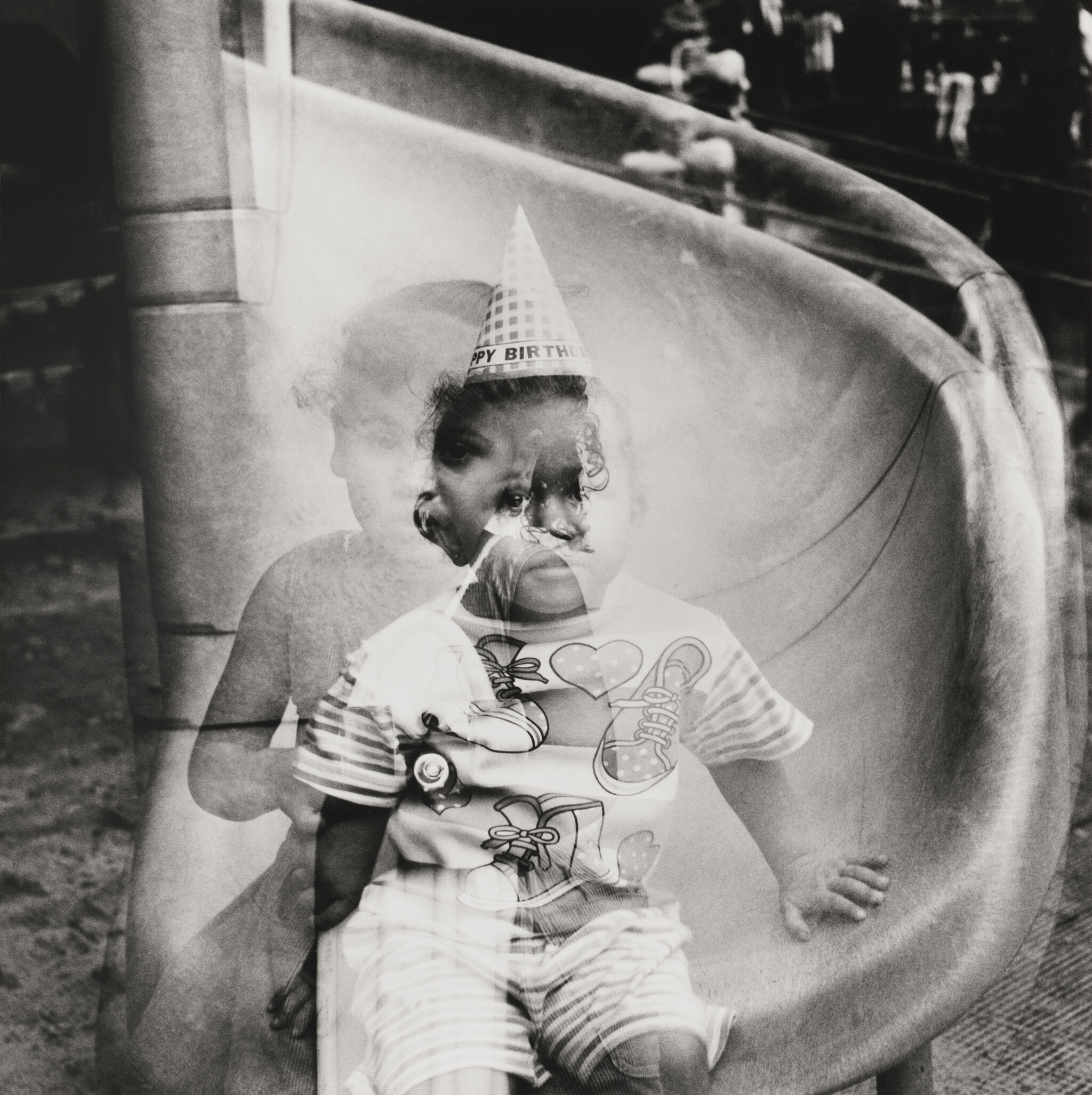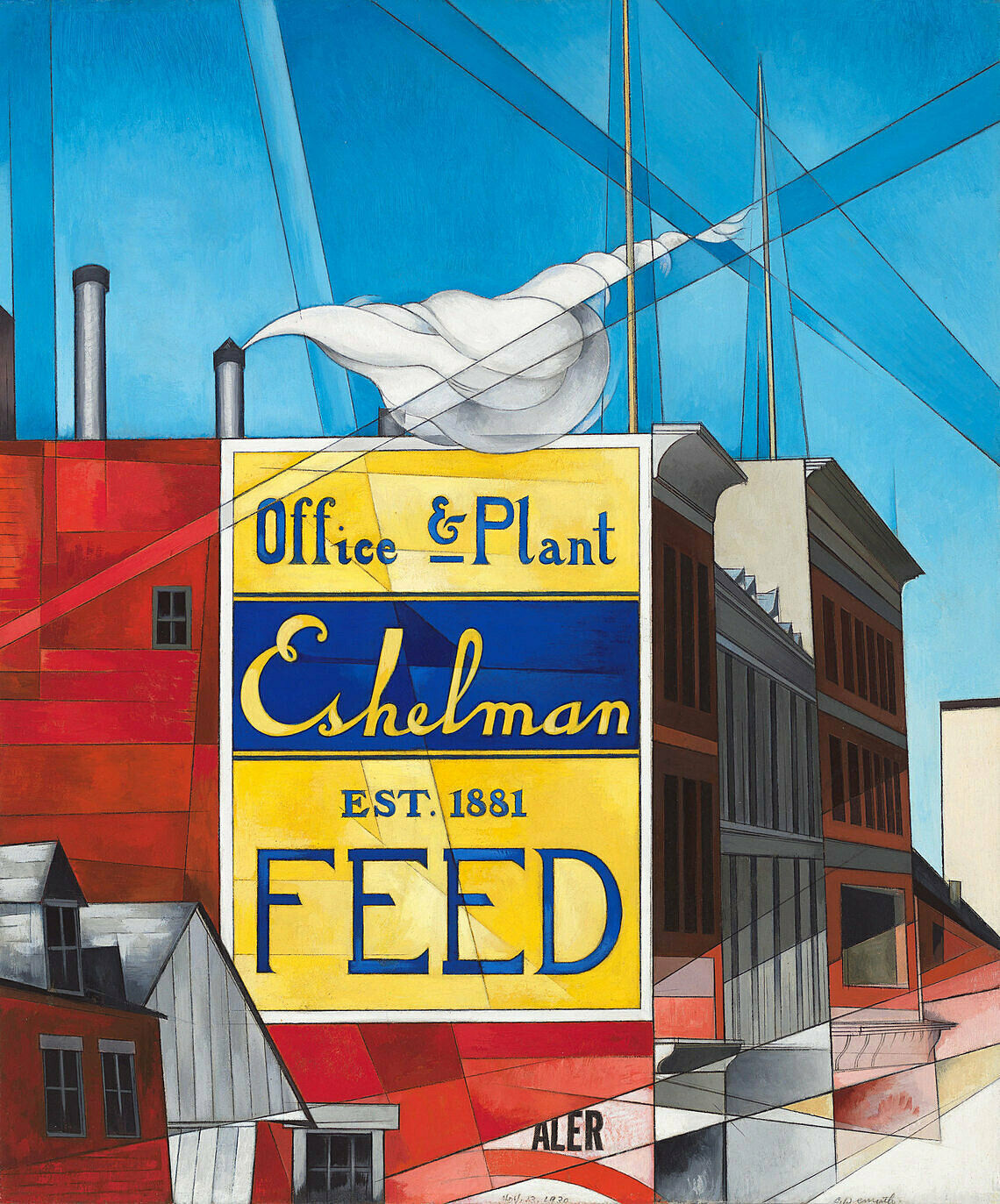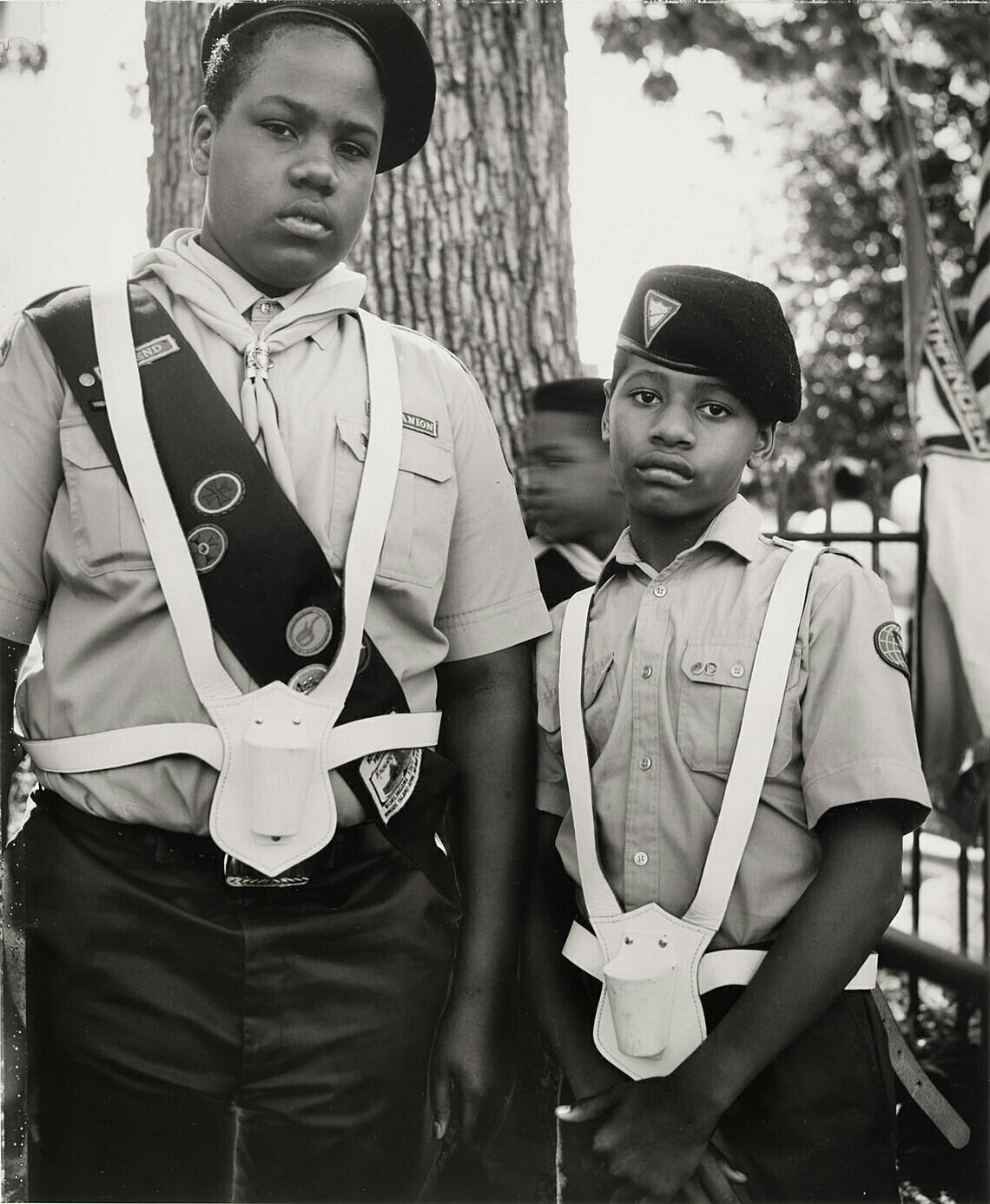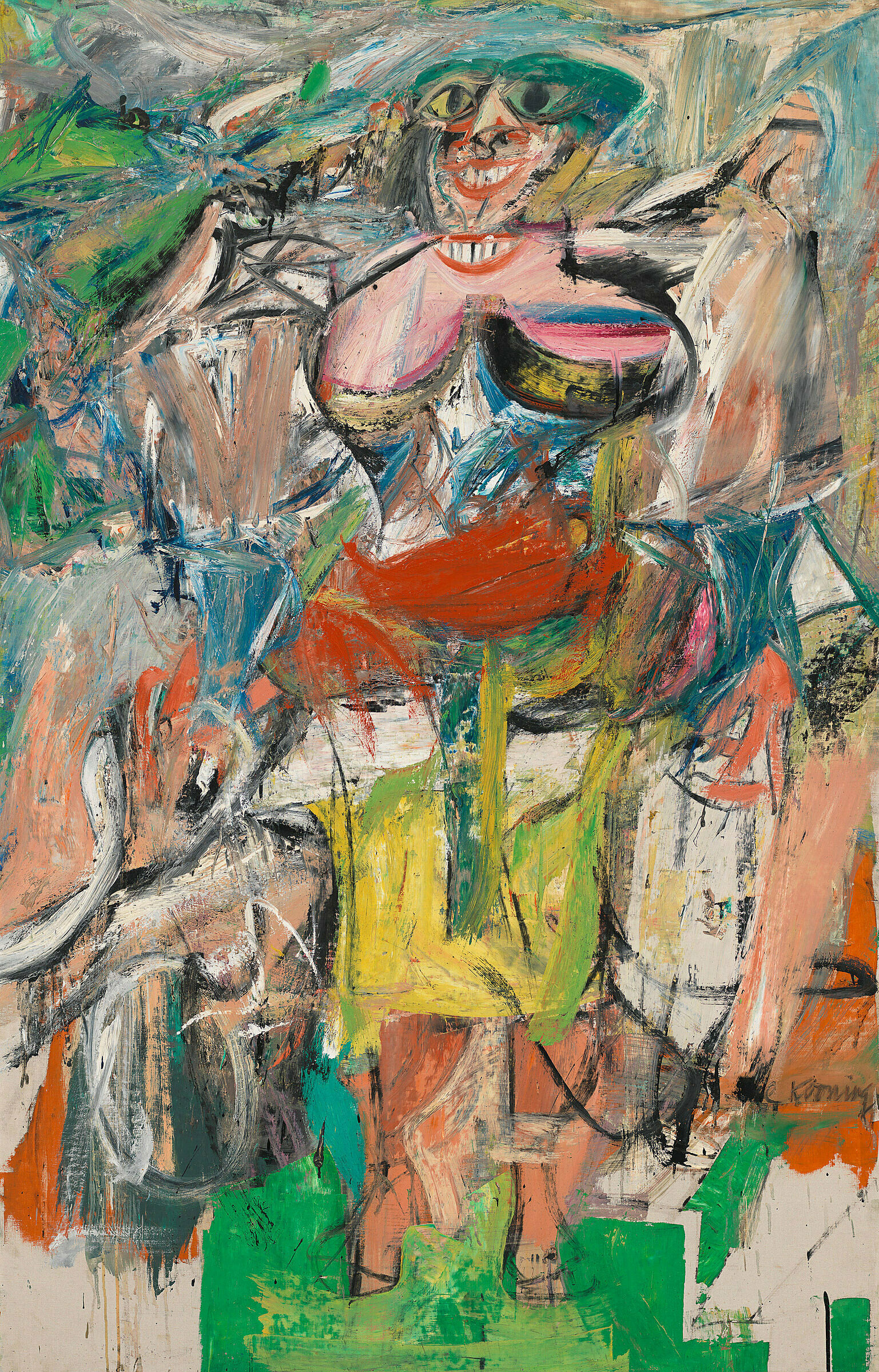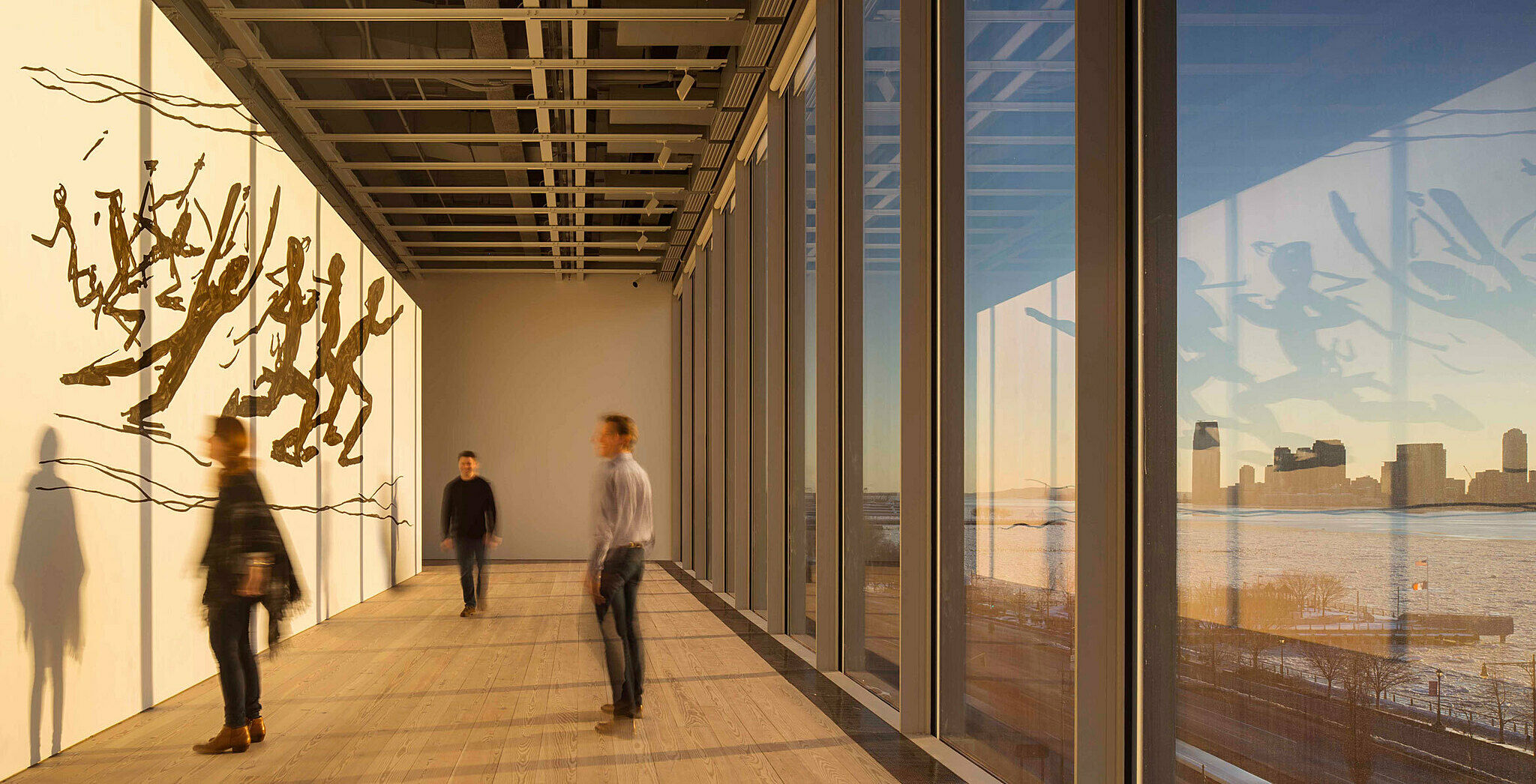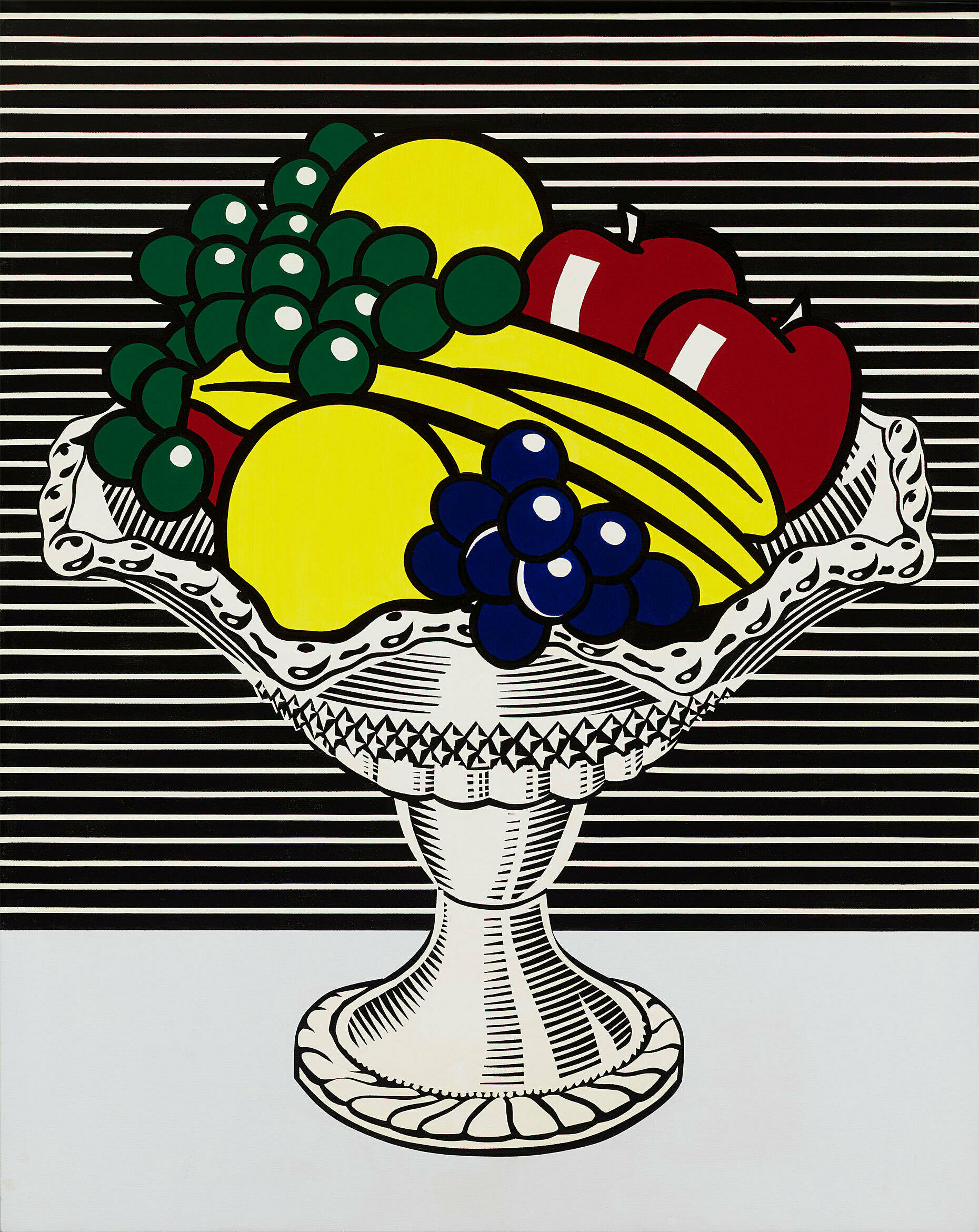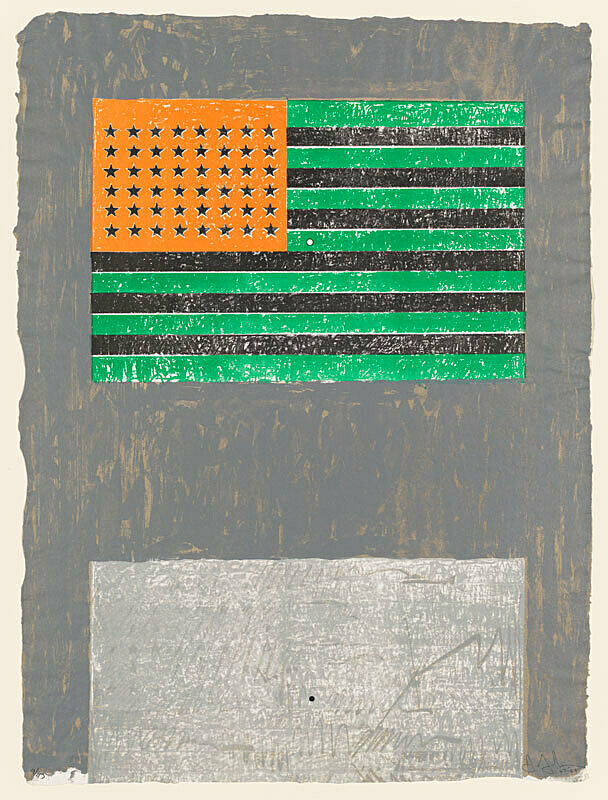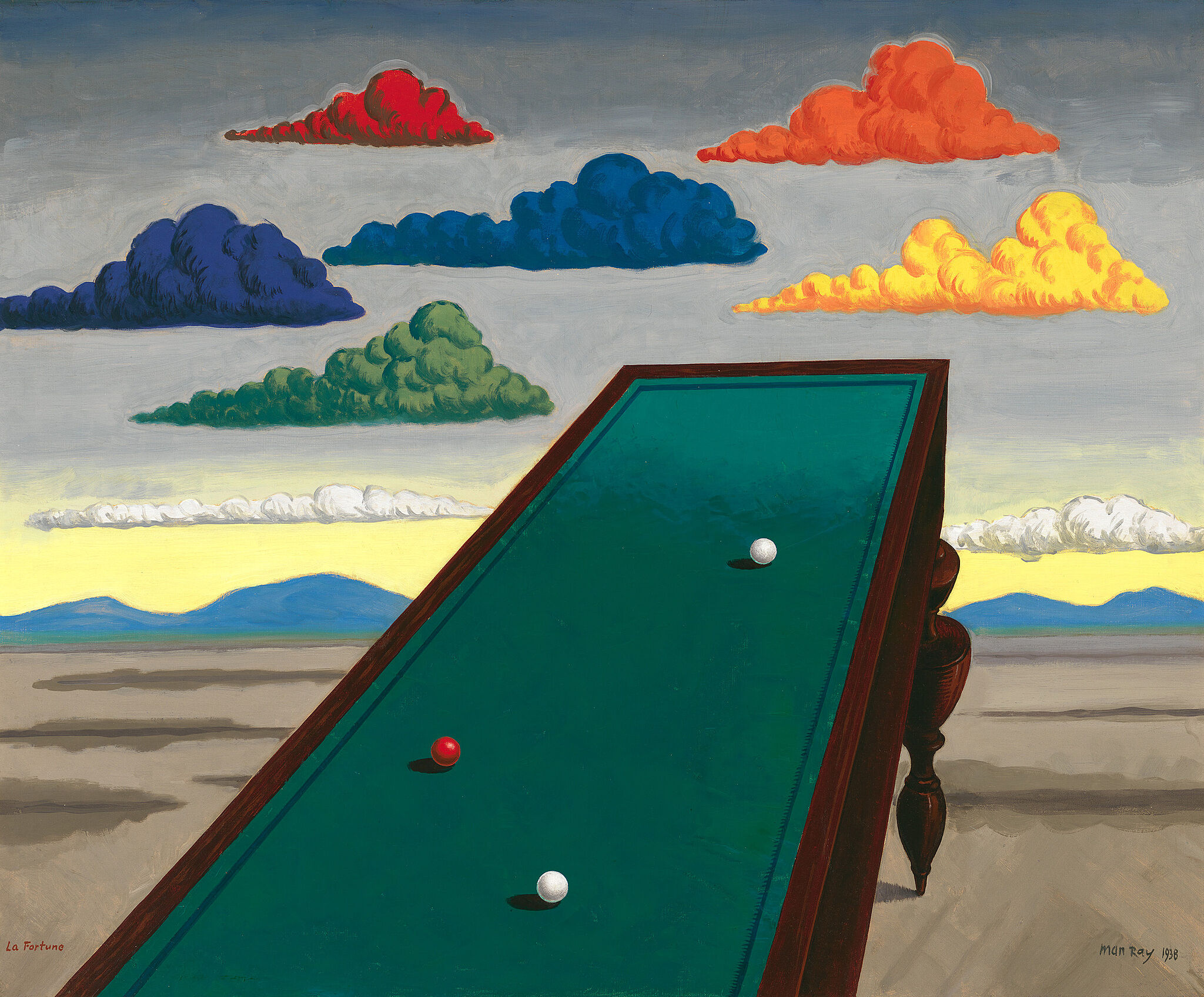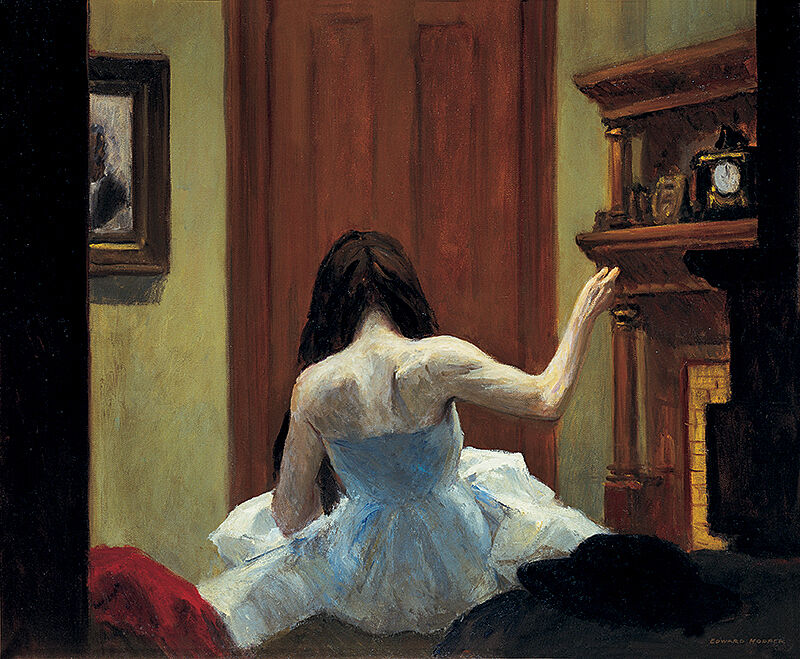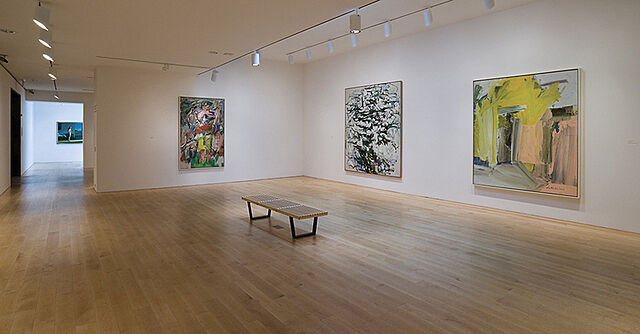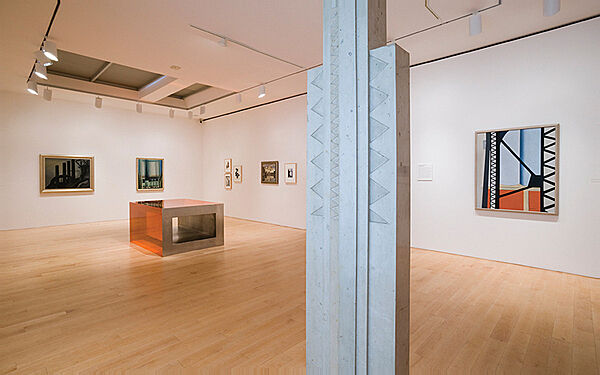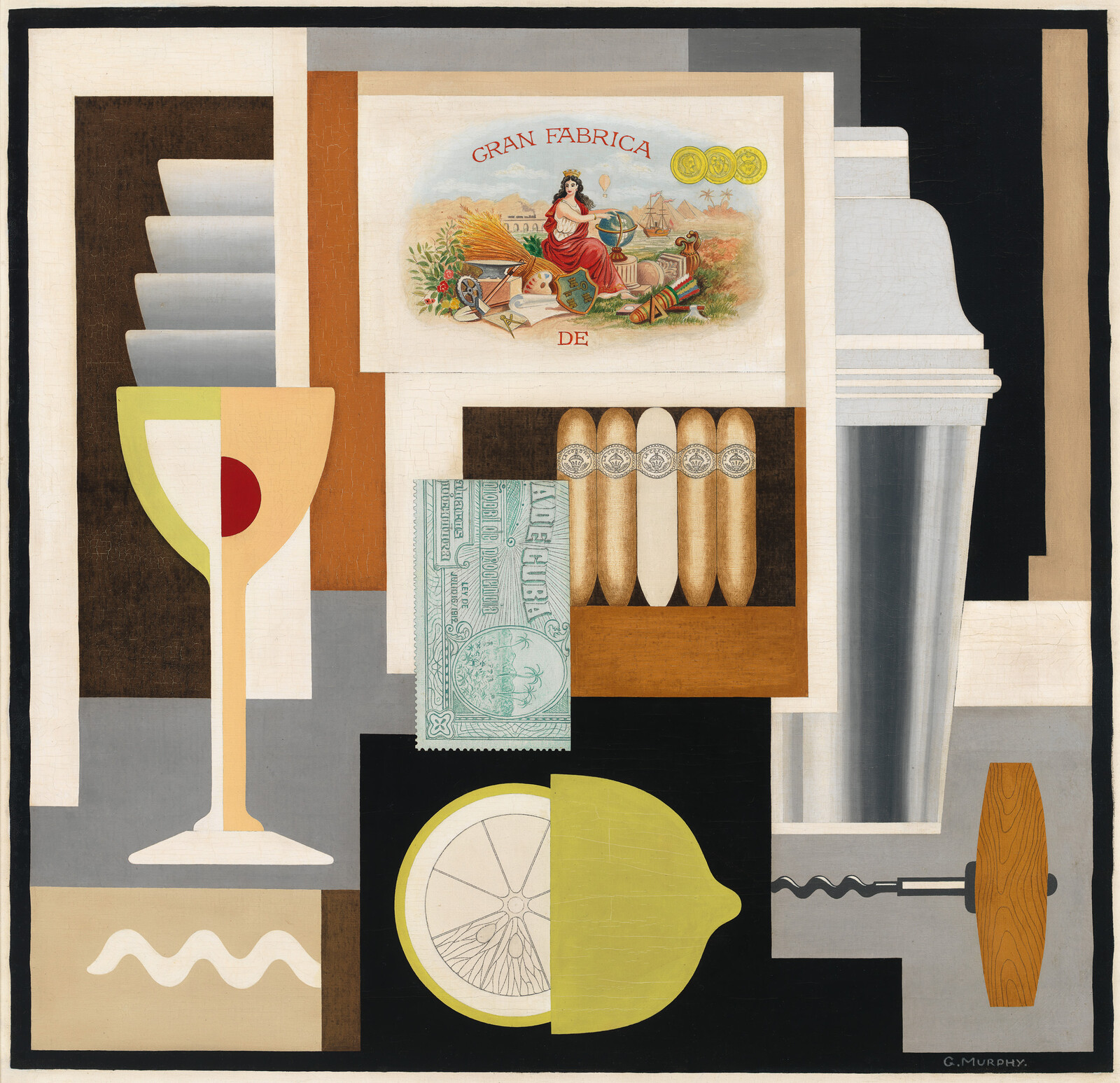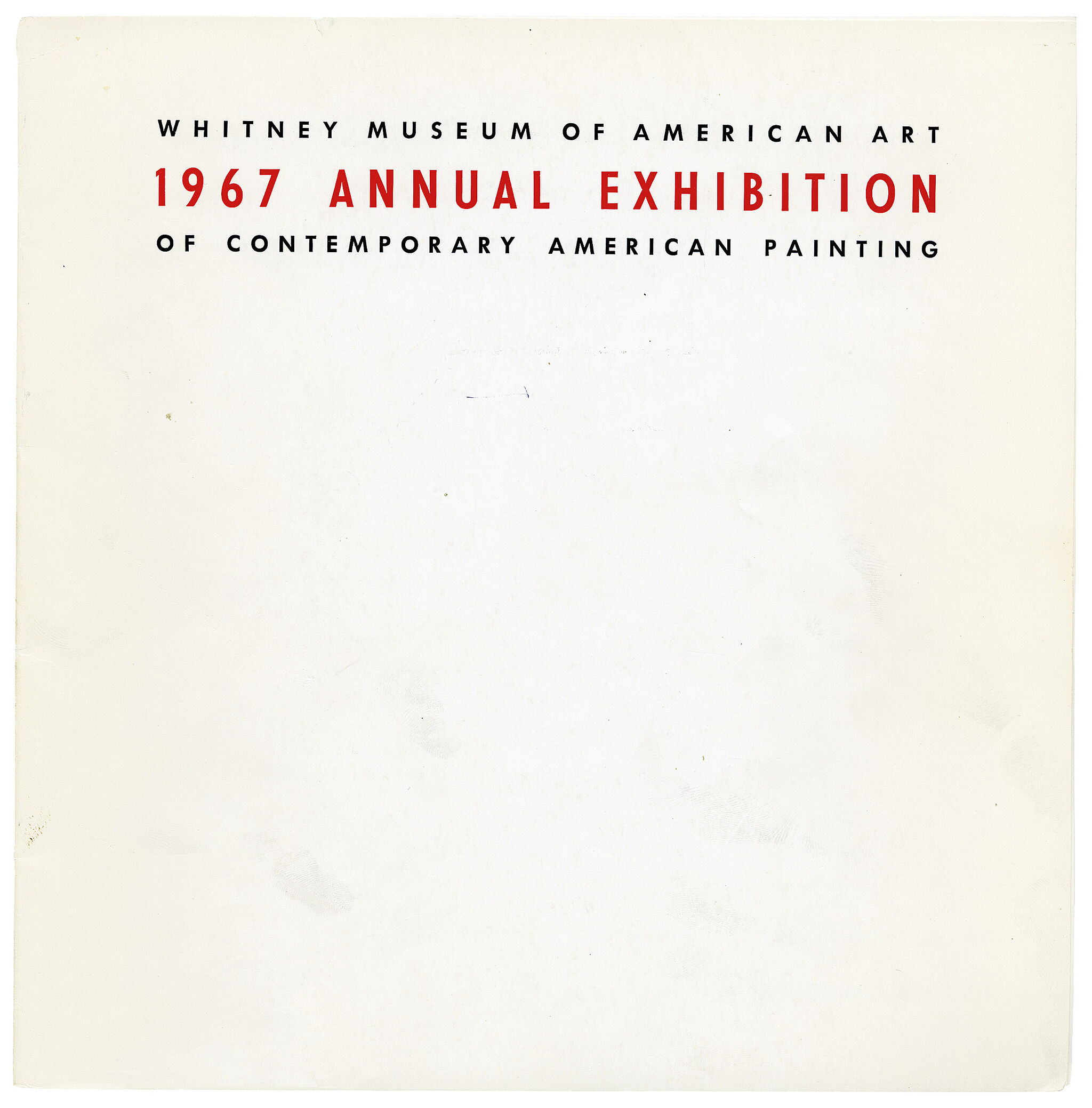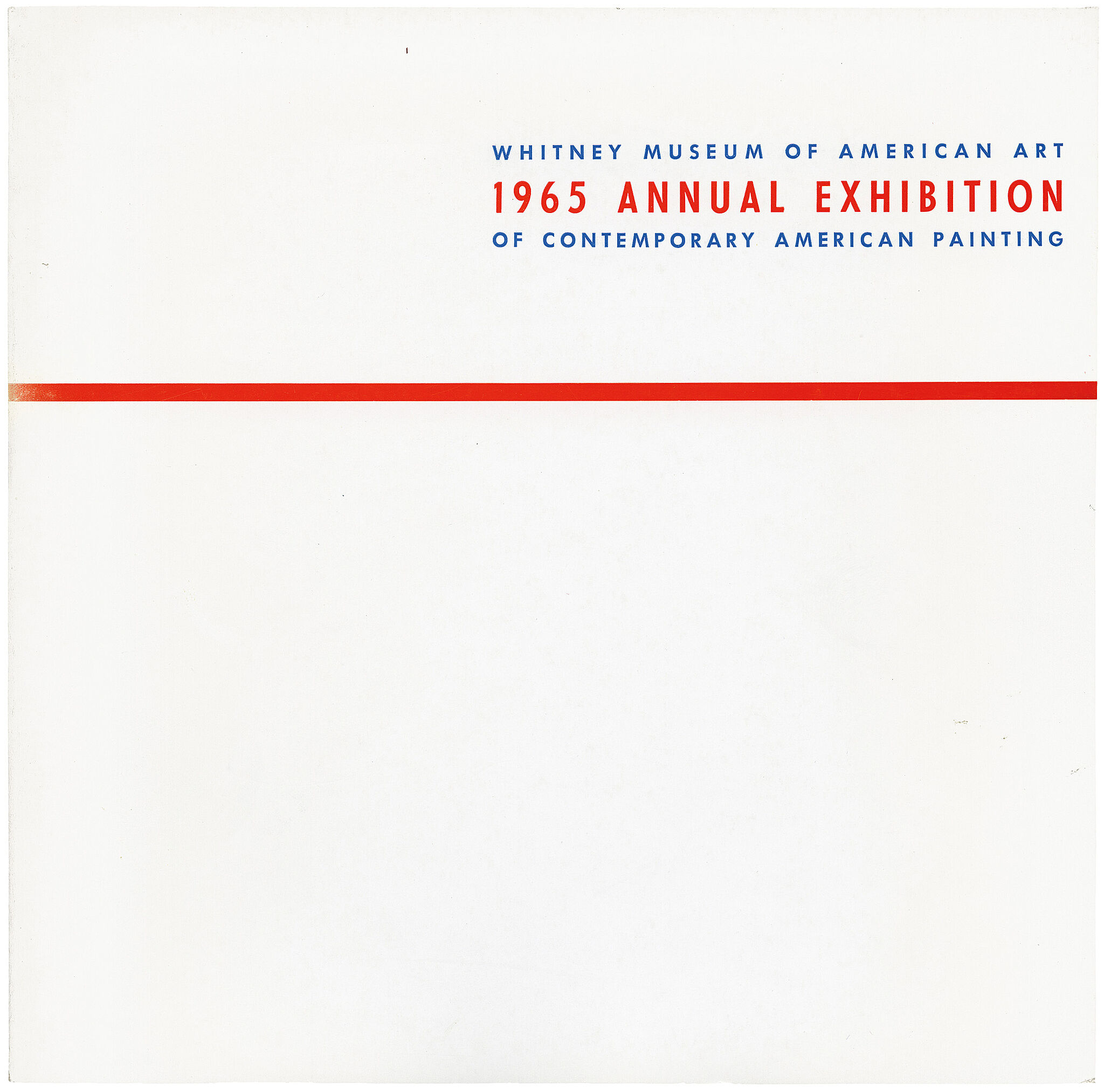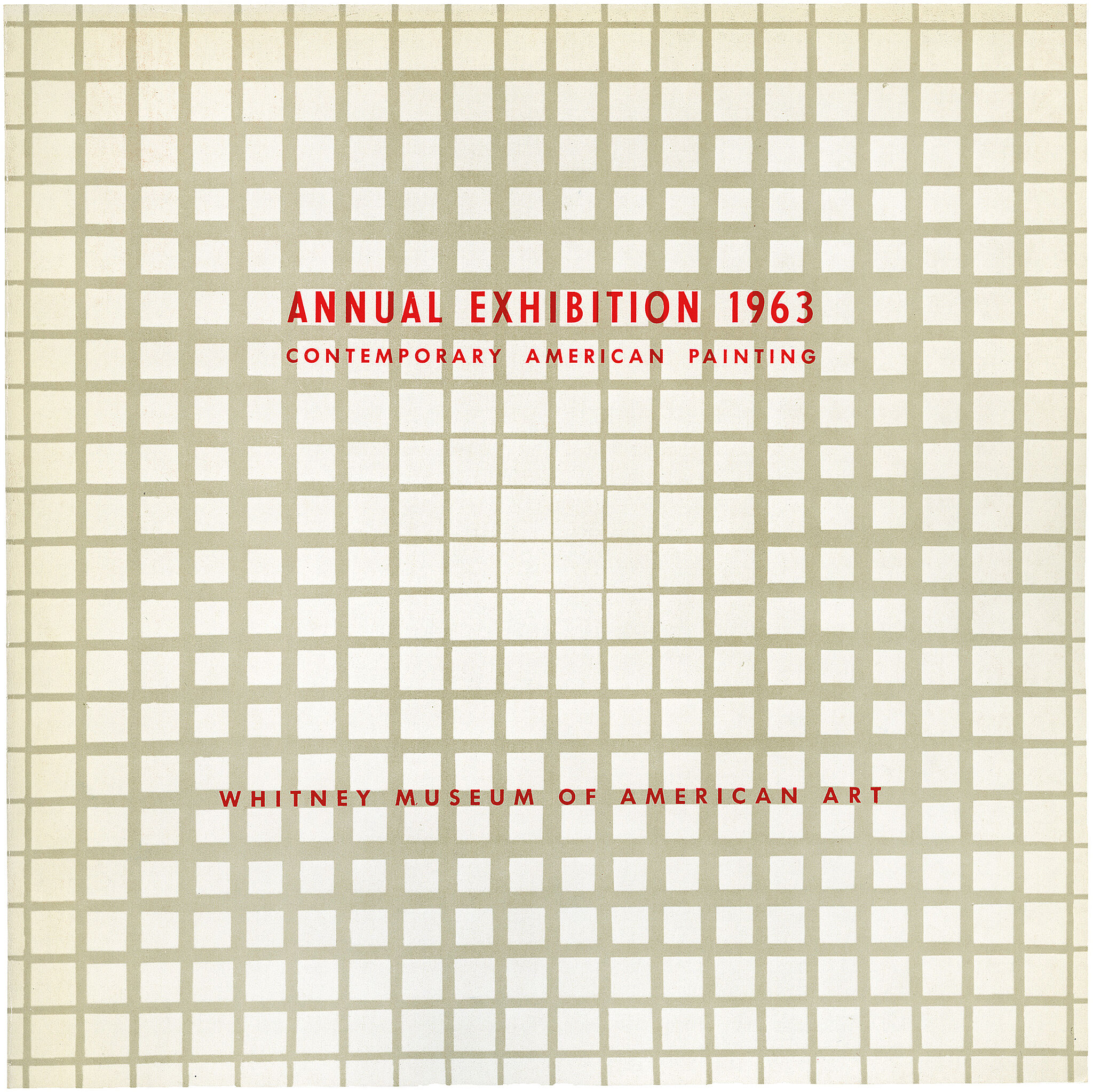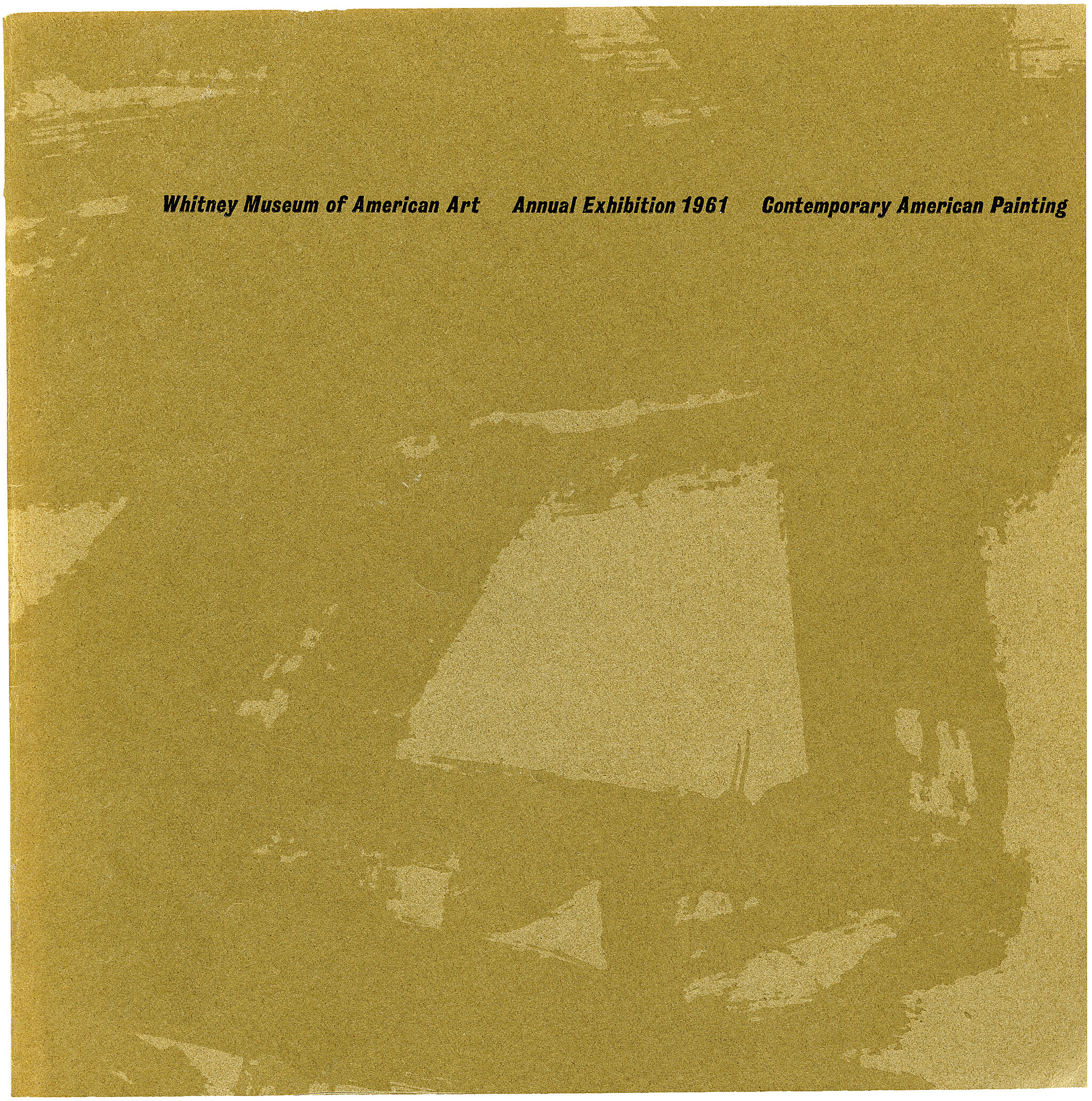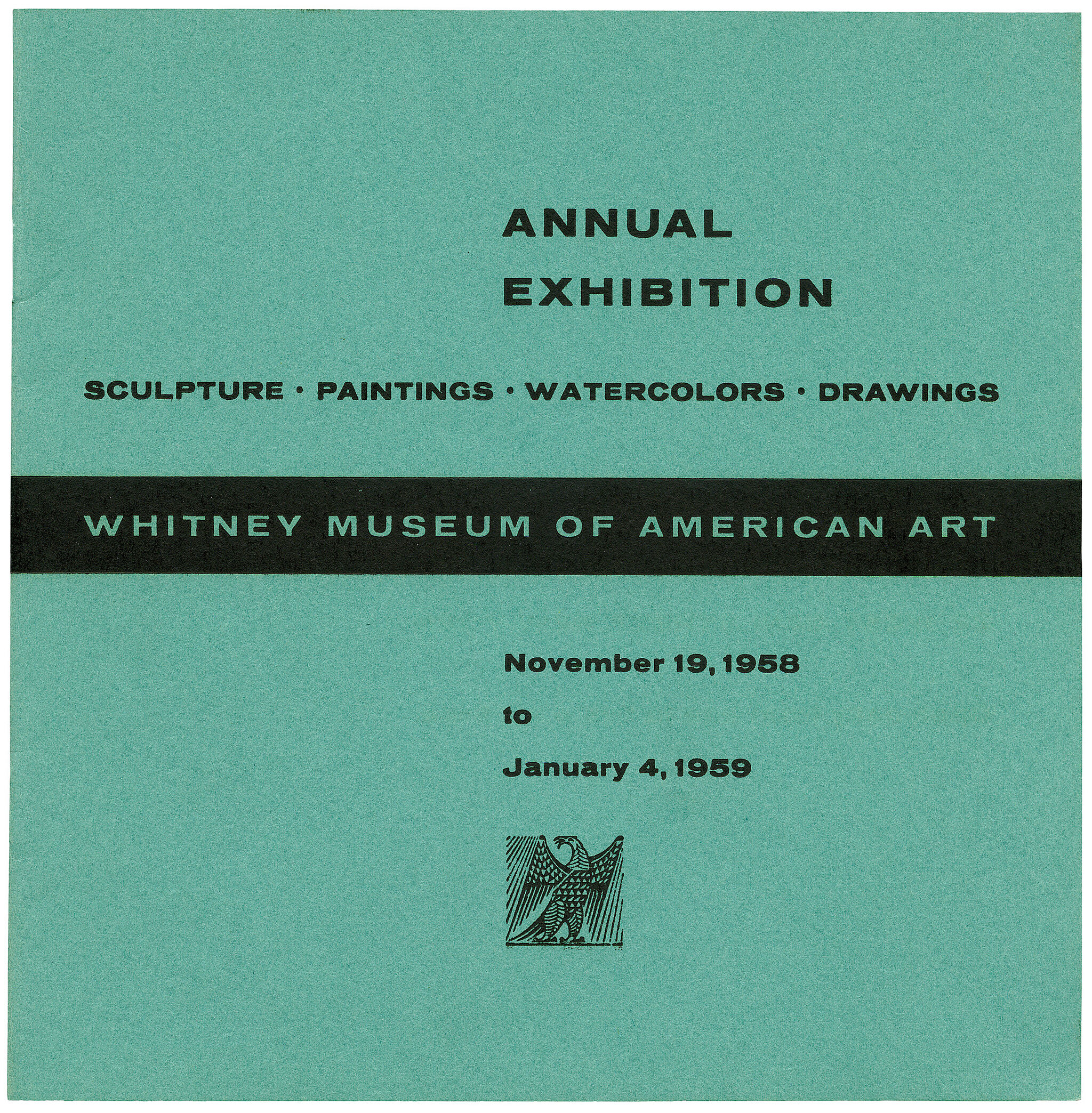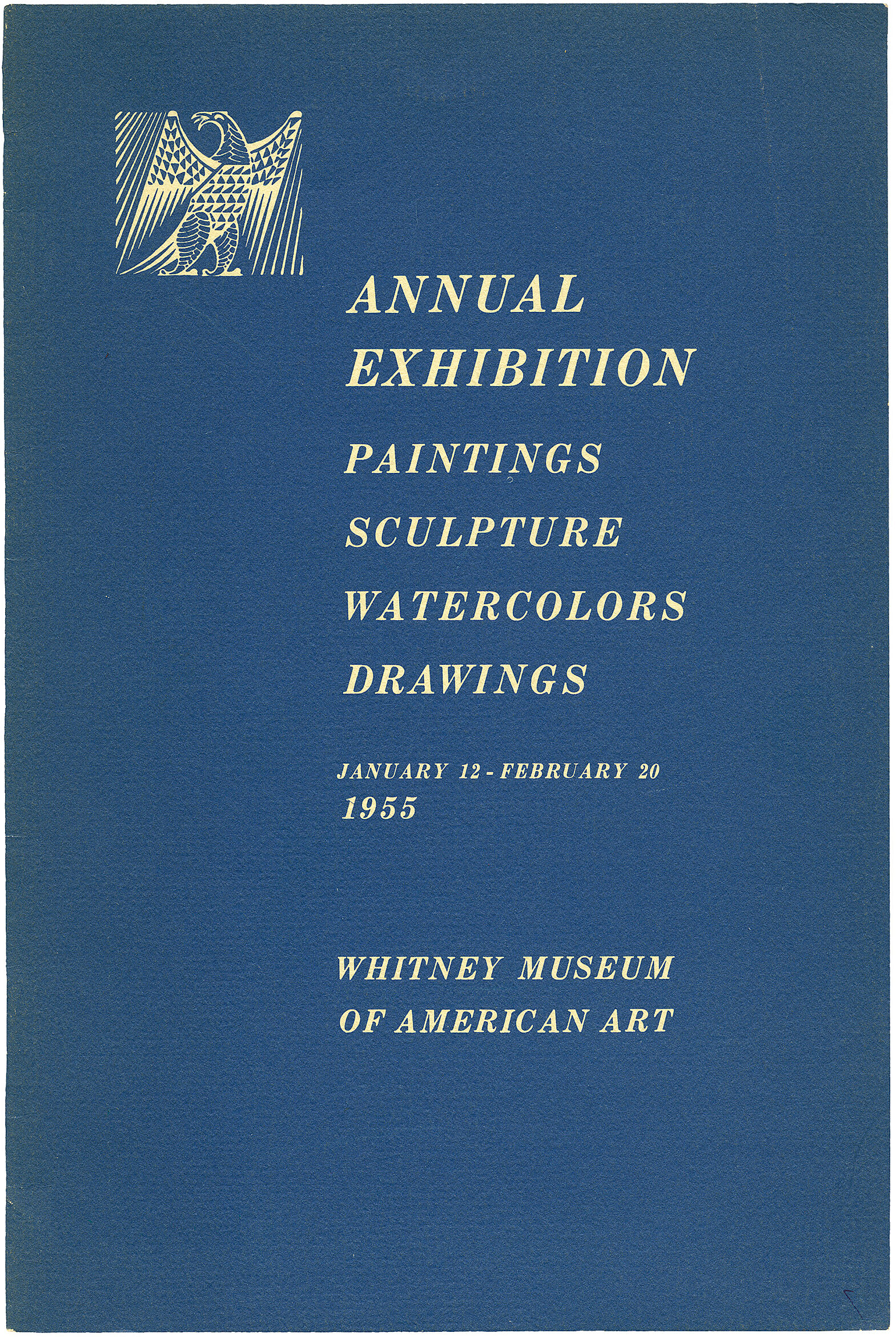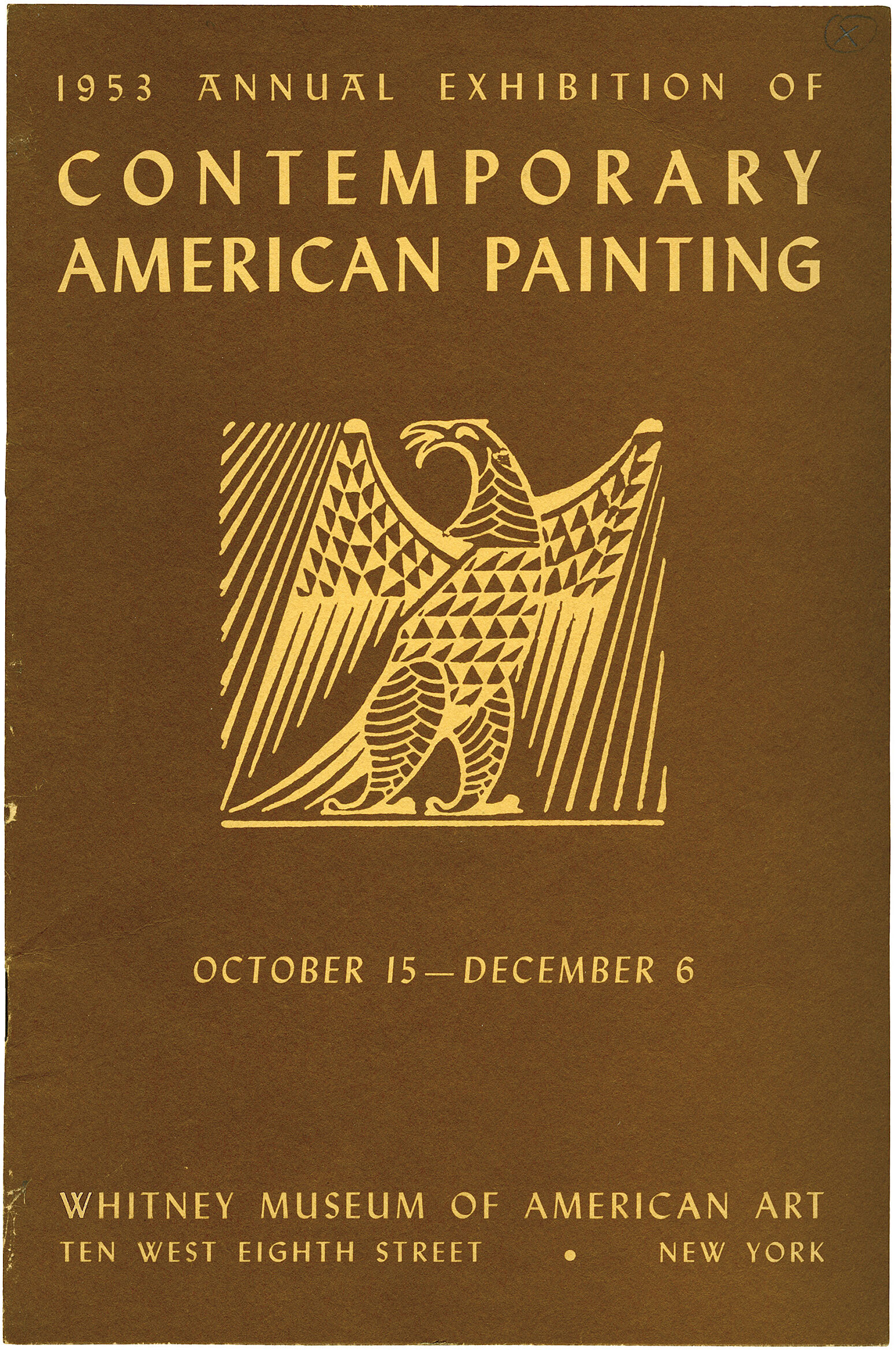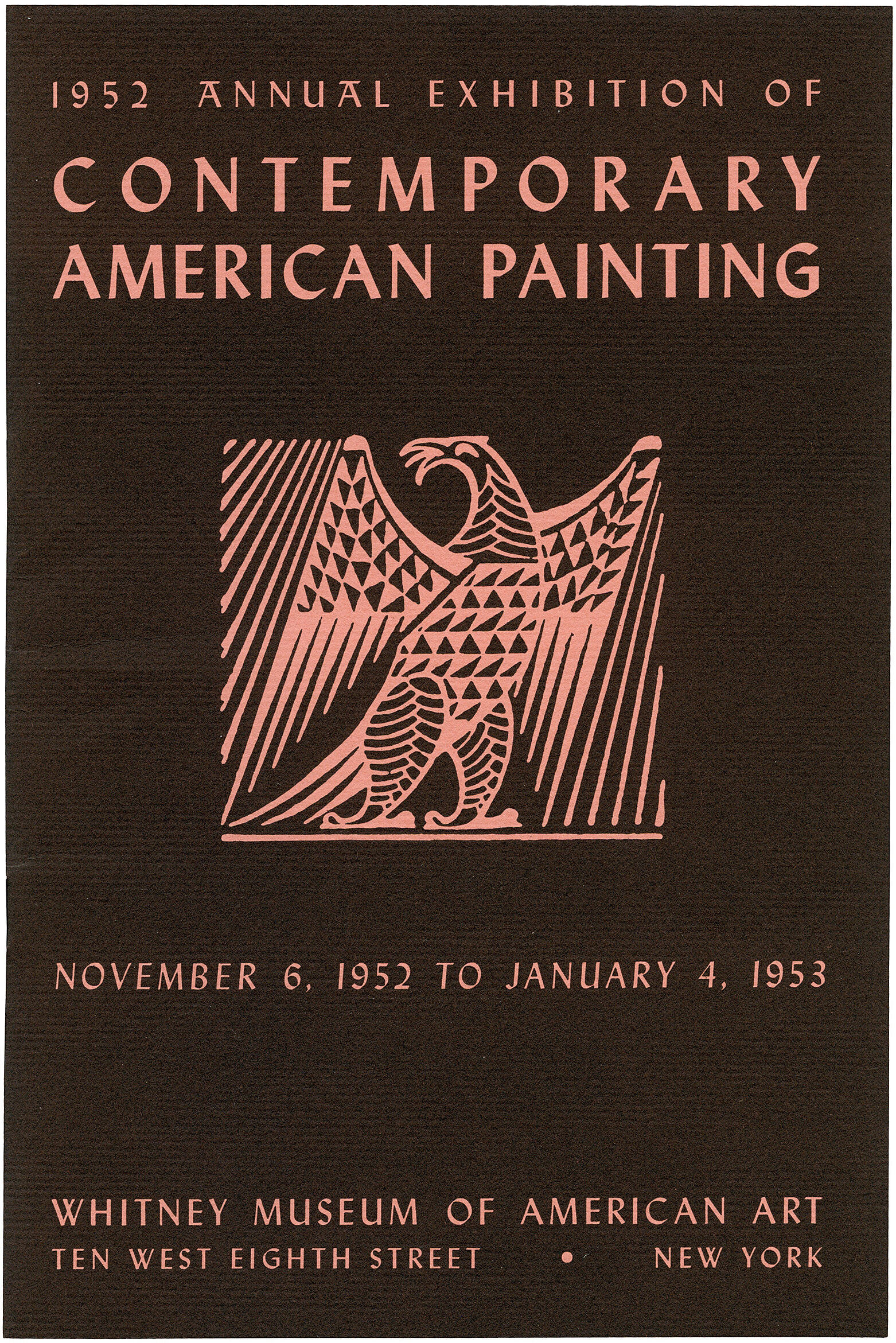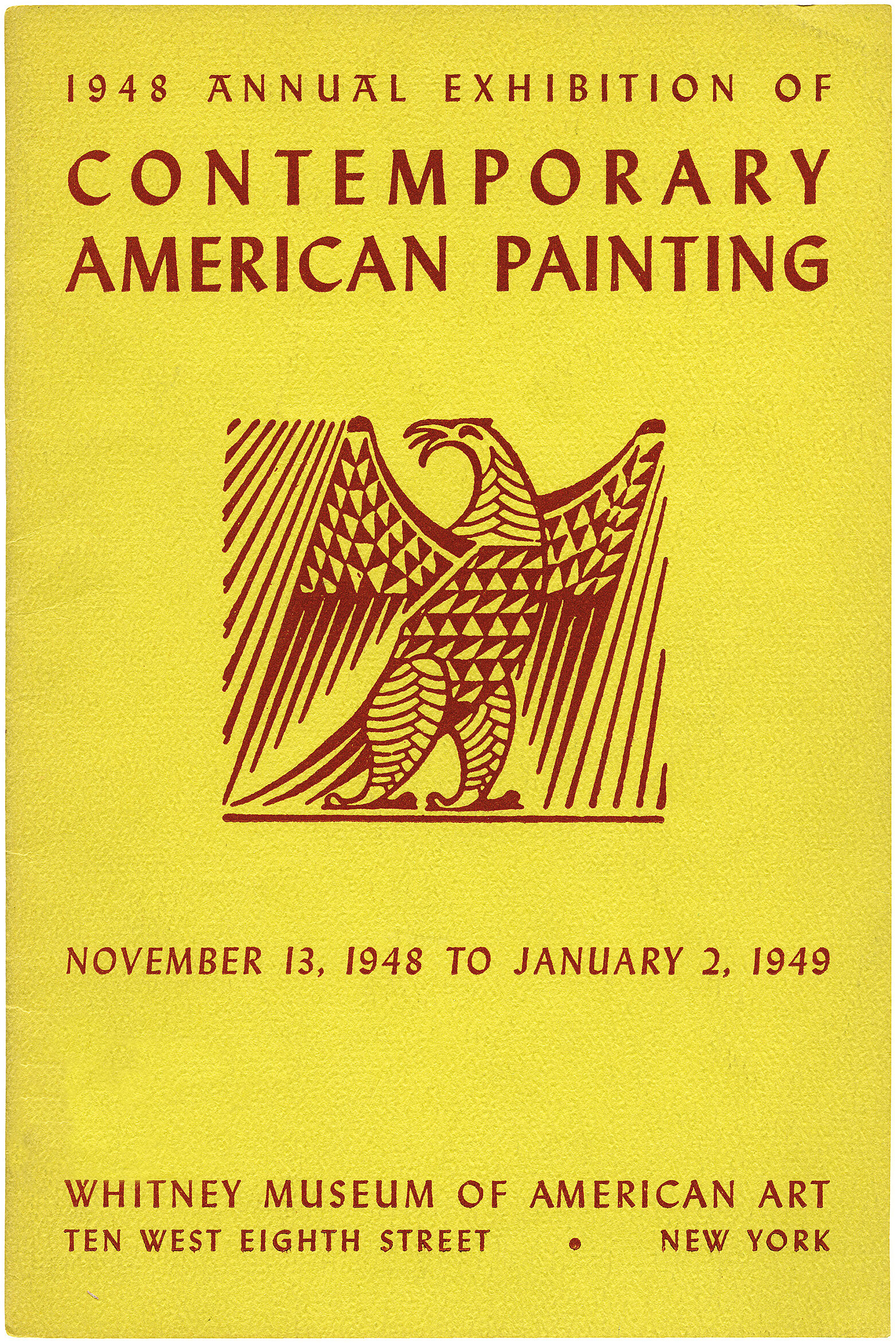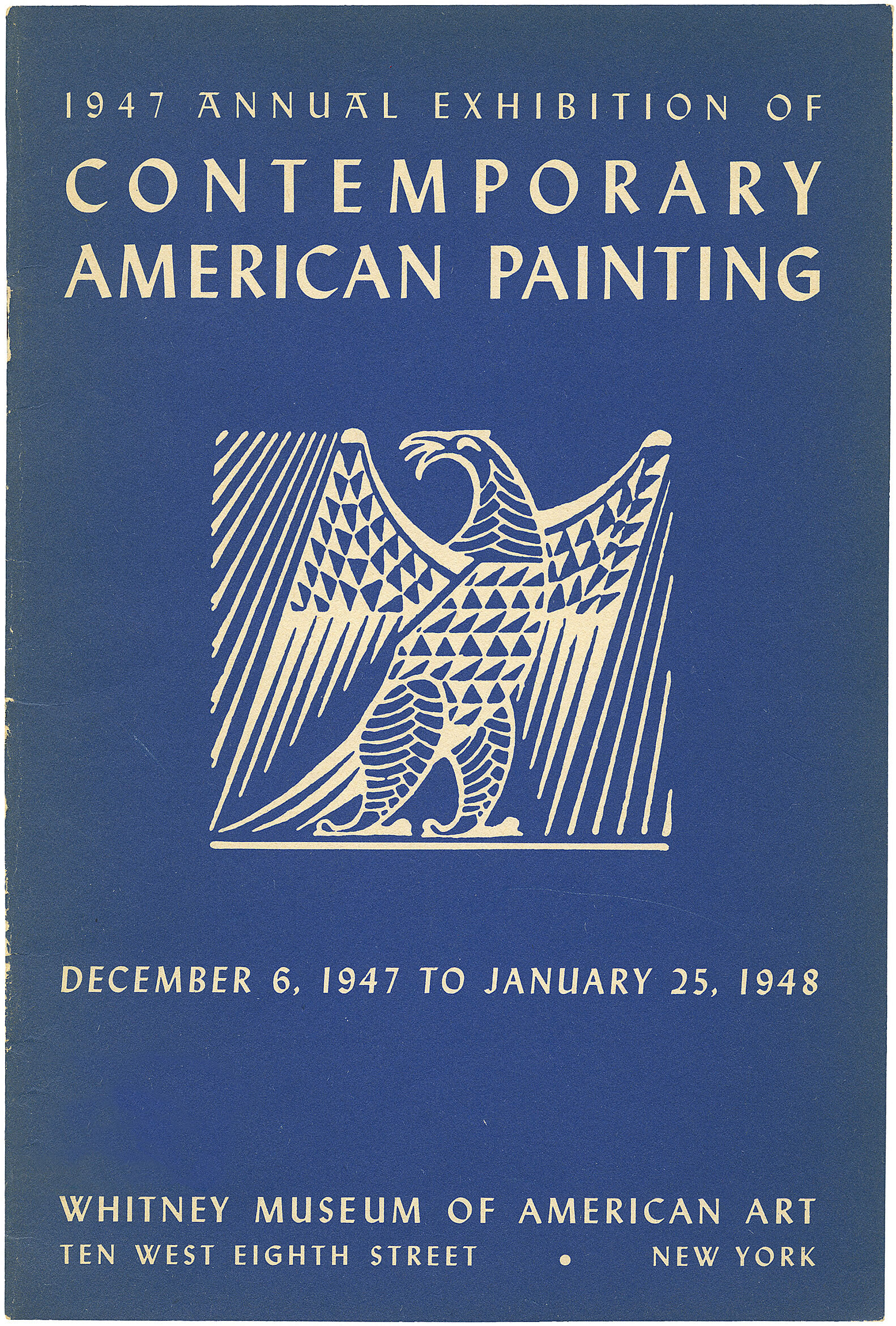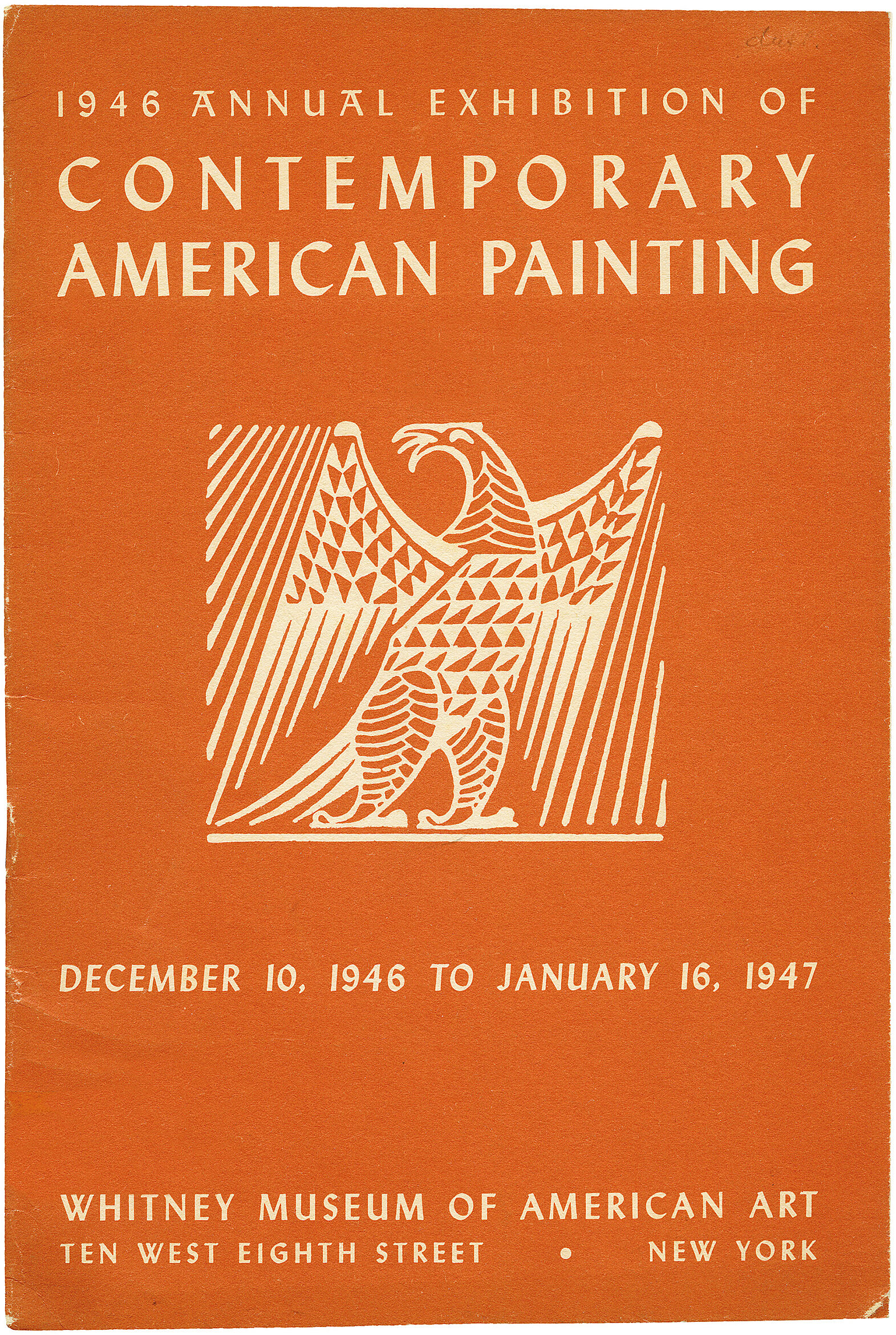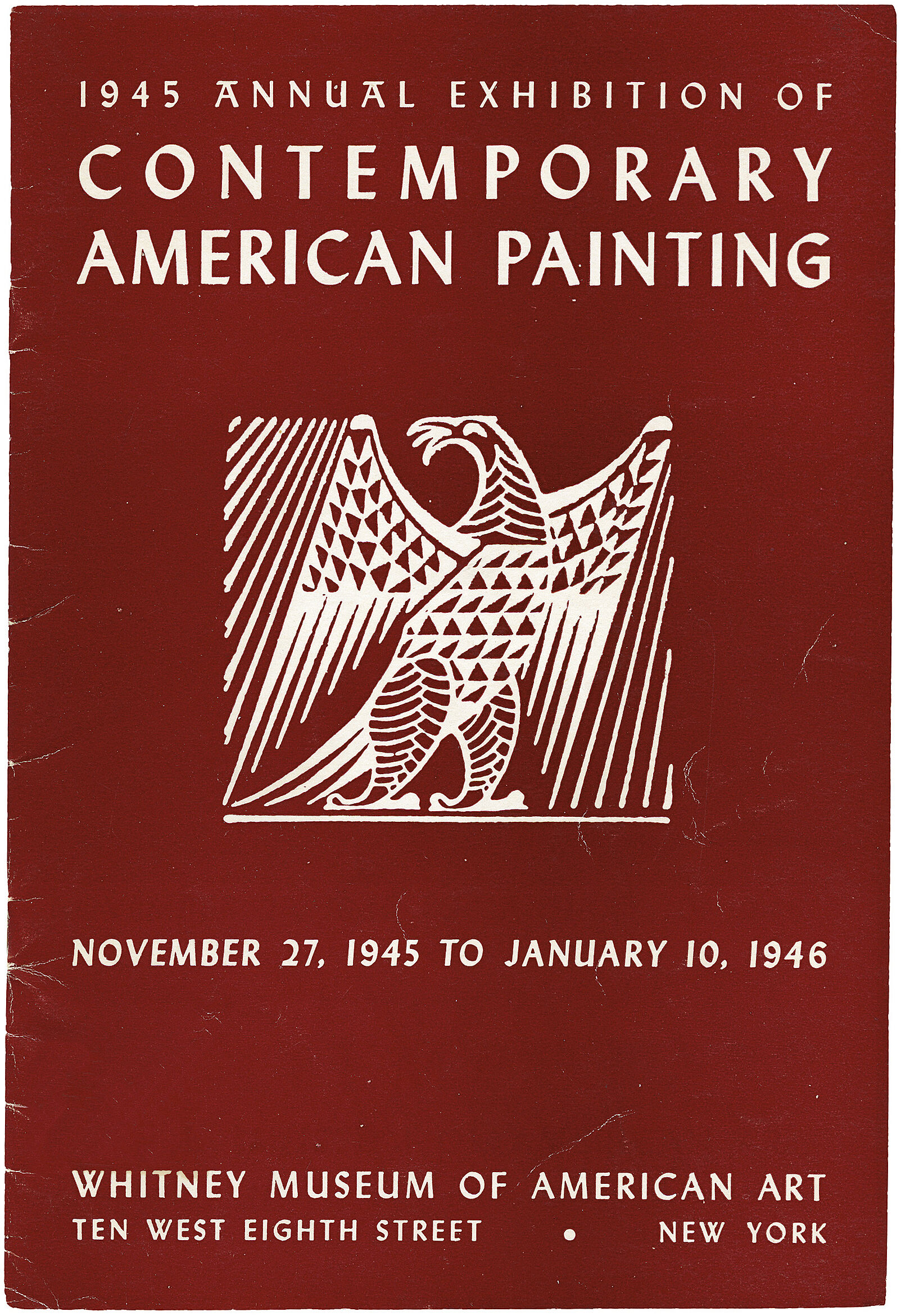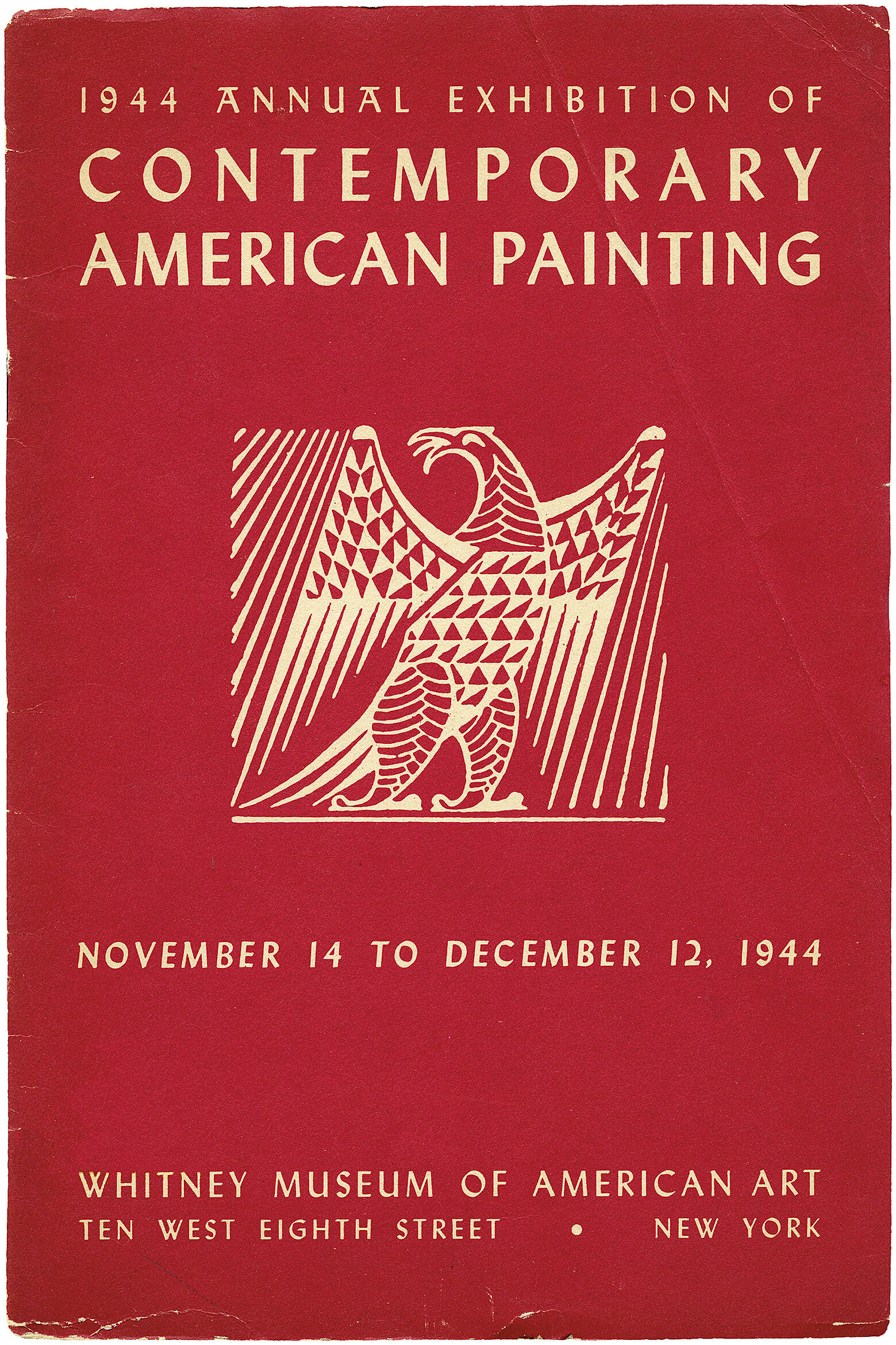Ralston Crawford
1906–1978
In his early paintings Ralston Crawford sought to develop an aesthetic language suited to the massive industrial expansion of the United States in the decades following World War I. Like his elder colleagues Charles Demuth and Charles Sheeler, Crawford portrayed factories, grain elevators, and mechanical structures using hard-edged geometries, flat planes of color, and crisply articulated lines—a style that came to be known as Precisionism. While many of Crawford’s paintings capture the country’s optimism about technology and progress, Steel Foundry, Coatesville, Pa. presents a more austere vision. The painting depicts a foundry in Coatesville, a center of steel production located forty miles west of Philadelphia. The site had first captivated Crawford during his days as a student at the Pennsylvania Academy of Fine Arts, and by the time he painted this work he was living in nearby Exton, Pennsylvania. With their boldly flattened forms, the building and surroundings depicted in the painting reflect the Machine Age values of order, logic, and purity. At the same time, the dark structure is devoid of human presence and blocked off by a double layer of wooden fencing and concrete wall, its bleak severity countered only by the vivid blue sky and wispy clouds hovering above.
Introduction
Ralston Crawford (1906–1978) was a Canadian-born American painter, lithographer, photographer, and teacher. He is best known for his abstract representations of urban life and industry. He taught at the Cincinnati Art Academy (now Art Academy of Cincinnati) for many years.
Wikidata identifier
Q3929822
Information from Wikipedia, made available under the Creative Commons Attribution-ShareAlike License . Accessed January 19, 2026.
Country of birth
Canada
Roles
Artist, illustrator, painter, photographer
ULAN identifier
500029588
Names
Ralston Crawford
Information from the Getty Research Institute's Union List of Artist Names ® (ULAN), made available under the ODC Attribution License. Accessed January 5, 2026.

